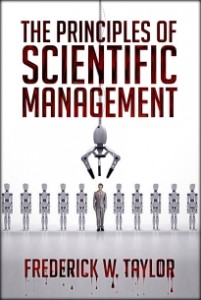Strategic Planning for Mental Health By Colonel J. R. (John Rawlings) Rees, M.D. [SOURCE: mental-health-vol-1-no-4-october-1940] Summary of an address given at the Annual Meeting of the National Council for Mental Hygiene on June 18th, 1940. By Colonel J. R. Rees, M.D. It would be hard to imagine a time more unusual or more trying than …
Category: progress
Taussig: The breeding of men, eugenics, and progress. 1911
SOURCE: Frank Taussig, Principles of Economics, Volume II, 1911. Pages 233-237. This movement is steadily extending, and is gradually affecting not only those who are usually thought of as being in a more special sense “native born,” but the descendants of the immigrants as well. The influence of free institutions and of free opportunities is …
The Geneticists Manifesto (1939) or Social Biology and Population Improvement, by H.J. Muller
Social Biology and Population Improvement (aka, the Geneticist’s Manifesto) by H.J. Muller [Source #1, Source #2] The Seventh International Congress of Genetics adjourned at Edinburgh only three days before World War II got under way. It is interesting to recall that just before the shooting started a group of geneticists at that Congress-informally formulated what …
The Duty of the State in the Treatment of the Deformed: R. Z. Mason, Appleton WI, 1879
R.Z. Mason, mayor of Appleton, WI, “The Duty of the State in its Treatment of the Deaf and Dumb, the Blind, the Idiotic, the Crippled and Deformed, and the Insane.” [Source / Italics added, bold text added] In the progress of modern civilization, the state has come slowly to a recognition of certain duties and …
Frederick Taylor and the Connection Between Eugenics, Capitalism, and Communism: Scientific Management
Buy “Scientific Management” on Amazon | Kindle | Nook Frederick Taylor and the Connection Between Eugenics, Capitalism, and Communism: Scientific Management Frederick Winslow Taylor has blood on his hands. Judging from the reaction typical of those familiar with Taylor’s work, the idea that he, or at least, his ideas, were complicit in any great crimes …


Recent Comments